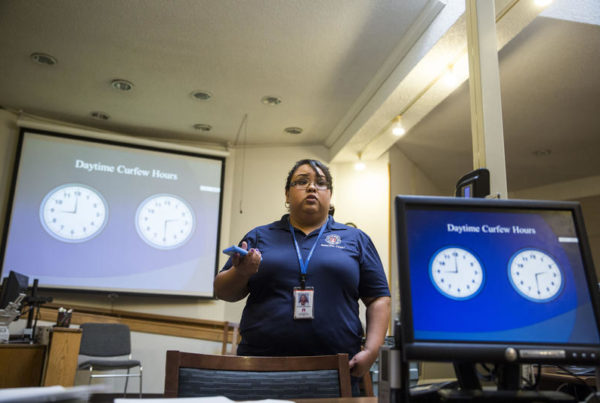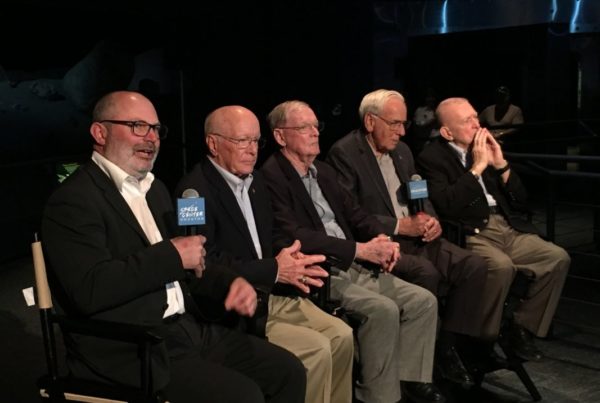When it comes to what kids can be taught in Texas public school classrooms, one evergreen issue has persisted: the theory of evolution.
It’s been a 158 years since Charles Darwin wrote his treatise on the origin of species, and he was far from the first to suggest an evolutionary basis for biology. And he was far from the last to assert that evolution is not necessarily incompatible with longstanding religious beliefs.
But the evolution debate in schools typically centers around two poles of mutual incompatibility and distrust. On one side is the fear of religious creationist doctrine seeping into the public classroom. On the other, a fear that the state is attempting to indoctrinate students against religion or religious beliefs. Wednesday, the State Board of Education wades into these waters once again.
Aliyya Swaby, public education reporter for the Texas Tribune, says this week’s debate about high school biology standards could hinge on a single word: evaluate.
Critics say the word isn’t appropriate when it comes to the theory of evolution, Swaby says. The word opens the door to casting doubt on evolutionary theory in a way that could potentially lead to teaching creationism.
Since at least 2009, teaching standards – known as Texas Essential Knowledge and Skills (TEKS) – said that teachers had to encourage students to evaluate evolution theory, and since then, critics have been trying to get that language removed.
“It’s come to a head because the board requested a 10-member committee of teachers and scientists to streamline the biology curriculum standards,” Swaby says. “That committee removed four passages that activists, and Democrats on the board say allow teachers to challenge evolution in the classroom.”
The board held a preliminary vote in February, rejecting the committee’s recommendations – adding some of the removed information back into the textbooks.
Now, the committee is unhappy and has proposed a compromise that they say could make both the committee members and board members happy – removing “evaluate.”
The board is set to take a final vote on Friday.
“The committee thinks the best way is just to take out the word evaluate and a couple of those standards,” Swaby says. “They’re not necessarily concerned about creationism being taught in the classroom, they’re concerned about it adding more instructional time to what teachers have to teach high schoolers when [the committee’s] task was to cut down on that instructional time.”
Swaby says it would take nine additional school days just to question the theory of evolution.
The actual word “creationism” is not in the education standards, Swaby says. But the Texas Freedom Network, a left-leaning advocacy group, has published a report that found much of the language that board members are trying to keep in the education standards harkens back to creationist alternatives to evolutionary science – what the group says is a ploy to open a gate to creationist teaching.
But whether creationism is actually being taught in classrooms depends on who you ask, Swaby says.
“At a February hearing there were many scientists and professors,” she says. “Many of them taught Texas high school students who they said didn’t actually know or didn’t actually understand evolutionary theory because they hadn’t actually been taught what it was.”
Written by Beth Cortez-Neavel.
















